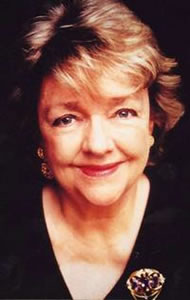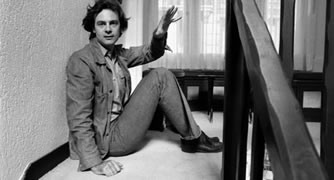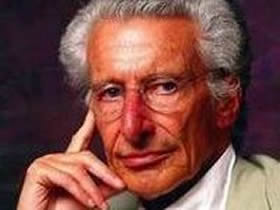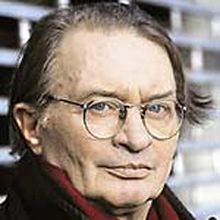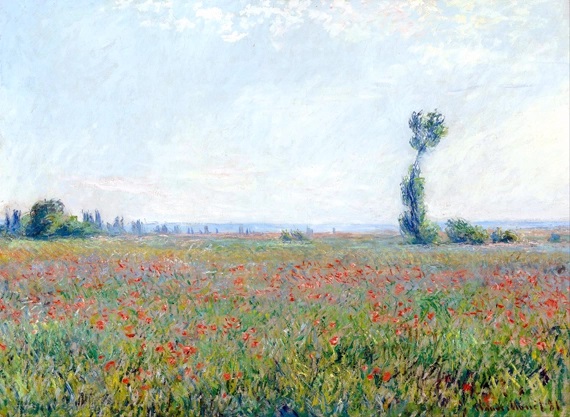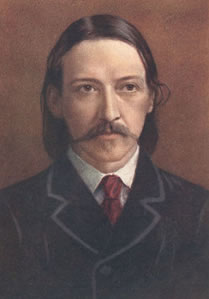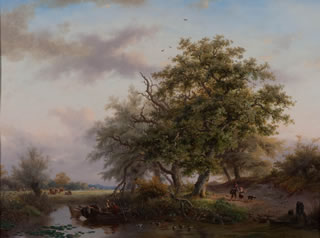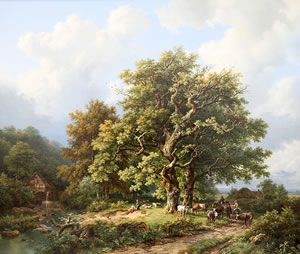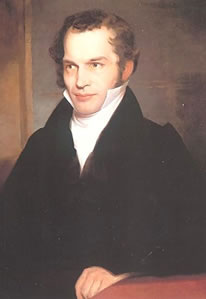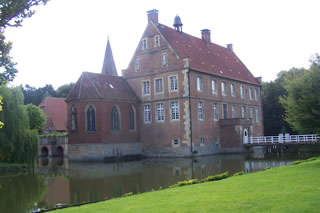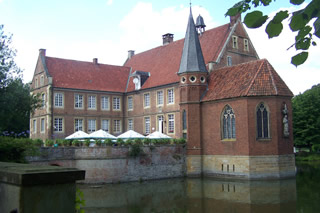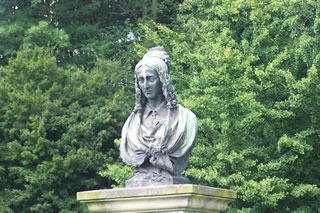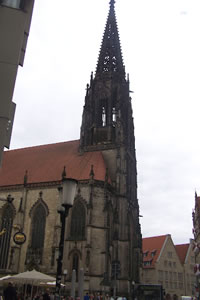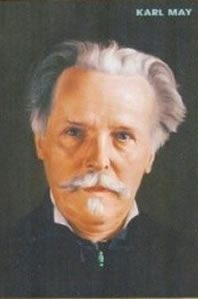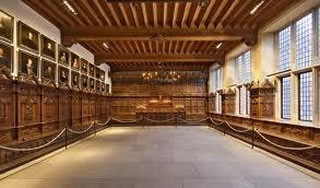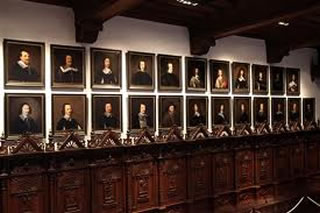De Nederlandse dichter en schrijver Cees Nooteboom werd geboren in Den Haag op 31 juli 1933. Zie ook alle tags voor Cees Nooteboom op dit blog.
Uit: Roads to Santiago (Vertaald door Ina Rilke)
„Spain is brutish, anarchic, egocentric, cruel. Spain is prepared to face disaster on a whim, she is chaotic, dreamy, irrational. Spain conquered the world and then did not know what to do with it, she harks back to her Medieval, Arab, Jewish and Christian past and sits there impassively like a continent that is appended to Europe and yet is not Europe, with her obdurate towns studding those limitless empty landscapes. Those who know only the beaten track do not know Spain. Those who have not roamed the labyrinthine complexity of her history do not know what they are travelling through. It is the love of a lifetime, the amazement is never-ending.
From the ship’s rail I watch the dusk settle over the island where I have spent the summer. The approaching night steals into the hills, everything darkens; one by one the tall neon street-lamps come on to illuminate the quay with that dead white glow which is as much a part of the Mediterranean night as the moon. Arrival and departure. For years now I have been crossing to and fro between the Spanish mainland and the islands. The white ships are somewhat bigger than they used to be, but the ritual is unchanged. The quay full of white-uniformed sailors, kinsfolk and lovers come to wave goodbye, the deck crowded with departing holiday-makers, soldiers, children, grandmothers. The gangplank has already been raised, the ship’s whistle will give one final farewell that will resound across the harbour and the city will echo the sound: the same, but weaker. Between the high deck and the quay below a last tenuous link, rolls of toilet paper. The beginnings flutter on the quay; up at the rail, the rolls will unwind slowly as the ship moves away, until the final, most fragile link with those staying behind is broken and the diaphanous paper garlands drown in the black water.
There is still some shouting, cries wafting back, but it is already impossible to tell who is calling out and what their messages signify. We sail out through the long narrow harbour, past the lighthouse and the last buoy — and then the island becomes a dusky shadow within the shadow that is night itself. There is no going back now, we belong to the ship. Guitars and clapping on the afterdeck, people are singing, drinking, the deck passengers are settling down for a long night in their steamer chairs, the dinner bell rings, white-jacketed waiters cross and recross the antique dining room under the earnest regard of the king of Spain.“
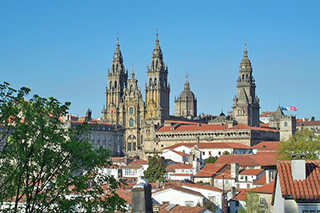
Santiago de Compostella
Lees verder “Cees Nooteboom, Grand Corps Malade, Joanne Rowling, Primo Levi”

